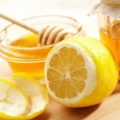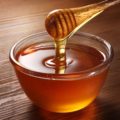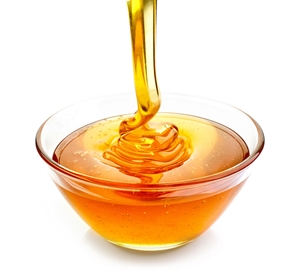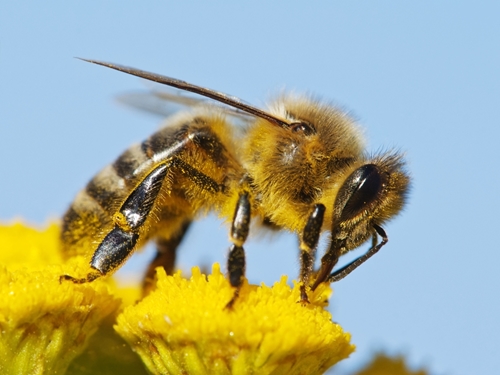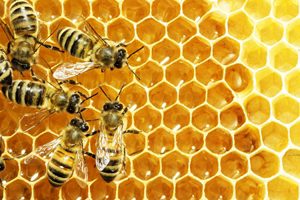
Allergy symptoms are worse than usual this spring, but a lot of people are eager to ditch their pills and steroid sprays for all-natural home remedies. Some allergy sufferers have turned to local honey as a potential cure, believing that if they consume small amounts of pollen they can build up their tolerance to the allergen. Experts, however, say that eating honey won't do anything to improve allergy symptoms.
The idea of desensitizing oneself to an allergen is hardly novel. Allergy shots operate on the same basic logic. So why wouldn't consuming the pollen in local honey help to protect you from local allergens?
For one thing, an almost insignificant portion of honey is actually composed of pollen. Bees do accumulate pollen on their legs as they fly between flowers, but they actually make their honey out of nectar. While some pollen finds its way into the honey, it's only a trace amount.
The most important reason why honey won't help allergies, however, is that it generally doesn't contain the kind of pollen that triggers allergy symptoms. The pollen allergens that affect the most people come from grass, trees and weeds rather than from flowers. These other pollens are small enough to be carried by the wind and inhaled, while flower pollen is "large and sticky." Seasonal allergies are sometimes referred to as "rose fever," but it's actually inaccurate to blame the bulk of seasonal allergies on flowers.
Honey is unlikely to make your allergies worse, but it's not going to cure them. So, how can you treat your allergies? Doctors generally recommend antihistamines or nasal sprays, and in some cases may consider allergy shots. For other effective treatments, visit Allergy Be Gone's allergy relief store today.

